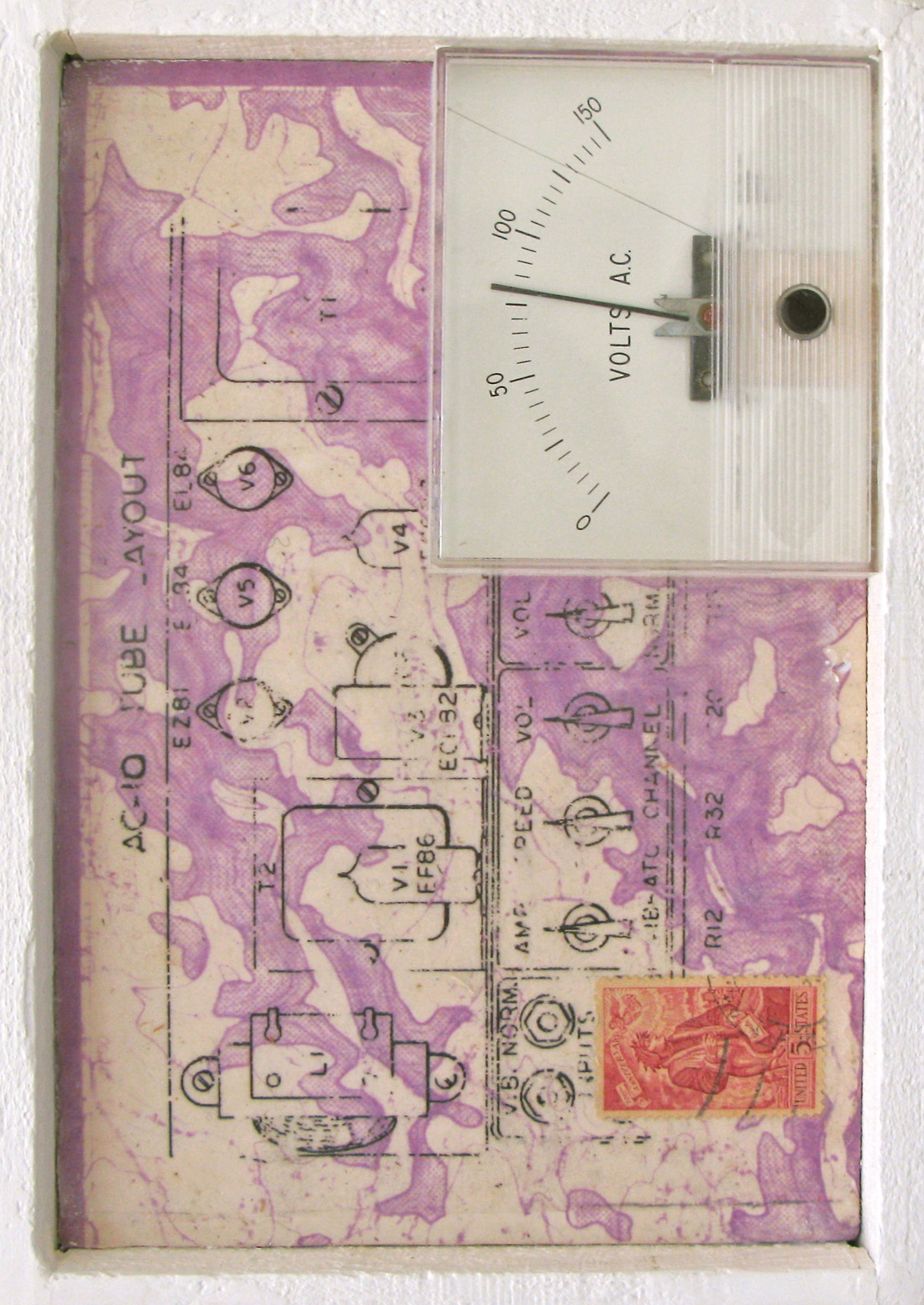Let me preface my statements here with a general note that everyone's heads, ears, and ear canals are shaped differently; therefore, everyone will hear a set of headphones differently. With that said, the best headphones that I myself have ever used (or earnestly auditioned) are the open-back Shure SRH1840. In addition to that, they are the most comfortable circumaural (over-the-ear) headphones in my collection.
What makes these the best? Well, for starters, almost everything sounds "right" to my ears; there is absolutely zero hypeanywhereinthefrequencyspectrum,andIhearverylittle distortion throughout. "As smooth and as transparent as glass" would be a good cliché to use here. When I first heard these headphones, I was immediately entranced by this smoothness, and so I spent the next few weeks comparing them to other headphones that I also enjoy using. Not surprisingly, the SRH1840 are voiced very similarly to my previous favorites, Shure's top-of-the-line closed-back SRH940 (Tape Op #85), but without the SRH940's slight upper-midrange forwardness and just-perceptible tendency to smooth over sibilance. Compared to the Audio-Technica ATH-M50 (#63), the SRH1840 have significantly clearer high-frequency extension and lack the ATH-M50's tendency to emphasize lower-midrange energy - but also lack the ATH-M50's deep low end.
AmonthaftercallingtheSRH1840theheadphonesIwould retire with, I decided to do a more direct, objective comparison between these three favorites - listening critically not only to familiar music, but also to test tones and sweeps through high- quality converters and headphone amps. Here's what I discovered. To my ears, the SRH1840 are essentially flat in frequency response from 50 Hz to 16 kHz (as high as my over- 40 ears can hear), and there is no significant harmonic distortion in that range, even at or near the extreme highs. 50 Hz and lower, the low-frequency response slopes down pretty quickly. At 34 Hz, harmonic distortion starts to overtake the signal, and at 30 Hz, the signal level is so low that I hear more distortion than signal. In contrast, the closed-back SRH940 have a shallower slope to their low end. At 34 Hz, low- end reproduction is still usable. At 27 Hz, the signal is at a dropped level, but there's little distortion. Even at 20 Hz, you can still hear the signal just below the harmonic distortion. As you move up the frequency spectrum, the SRH940's response is flat until the midrange rises to a slight 4 kHz bump, and then the aforementioned smoothing of the sibilance starts its slight dip between 6-7 kHz and continues up to about 12 kHz. I can hear some distortion in the highs, but in general, the SRH940 are extremely clear for being a closed-back design. The ATH-M50, in contrast, have a peak between 7-10 kHz, where I find sibilance to be most offensive, and above those frequencies, harmonic distortion is more easily-discernible. On the other hand, the lows are impressively distortion-free. Even down to 20 Hz, I hear a clean sine-wave with significantly less harmonic distortion than the Shures exhibit. But I did also hear resonances at 140 Hz, 280 Hz, and 560 Hz.
What's best for mixing? Well, you could argue that the ATH-M50 will make you work harder to get a better sounding mix, especially because they tend to highlight mud in the low- mids and sibilance in the highs - two areas where many mixes could use improvement. Or you could argue that the Shure SRH1840 give you the flattest, clearest picture and therefore are the best ruler for estimating translation. Me? I'm going to continue using both as mixing tools. But when I really need to hear the truest, most undeviating representation of a recording, I will reach for my SRH1840.
The SRH1840 come with a nice (but very big) semi-rigid carrying case. The headphones do not fold. Two straight cables and two pairs of velour earpads are included; both are easy to swap. The metal yokes to which the ear-cups attach slide and adjust easily - but lock in place from pressure as soon as the headphones are placed on your head. Materials and construction throughout are exemplary of high-end, professional gear. ($699 MSRP; www.shure.com) -AH




_disp_horizontal_bw.jpg)